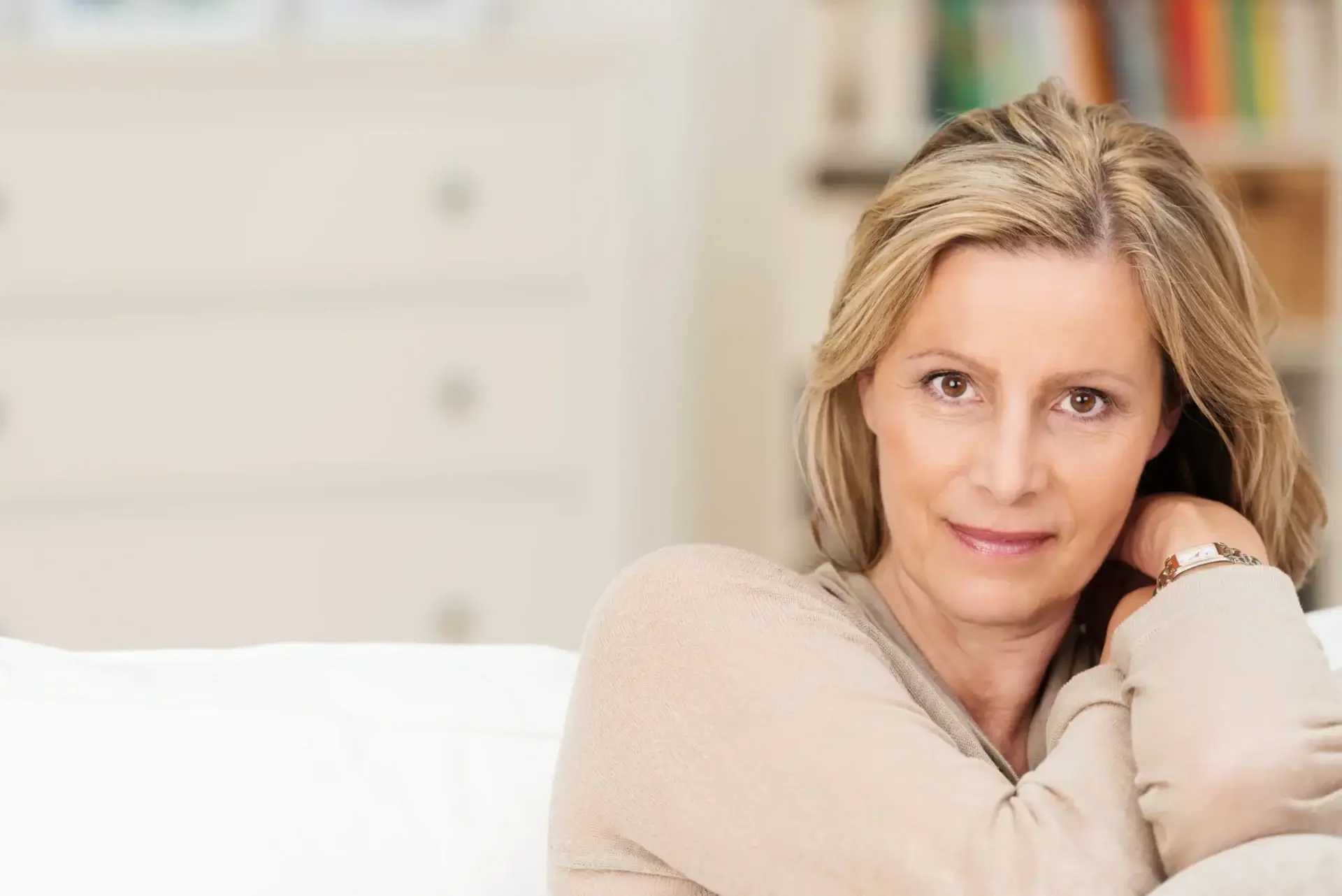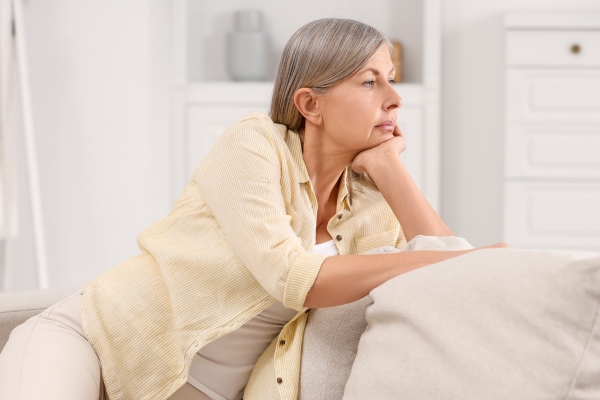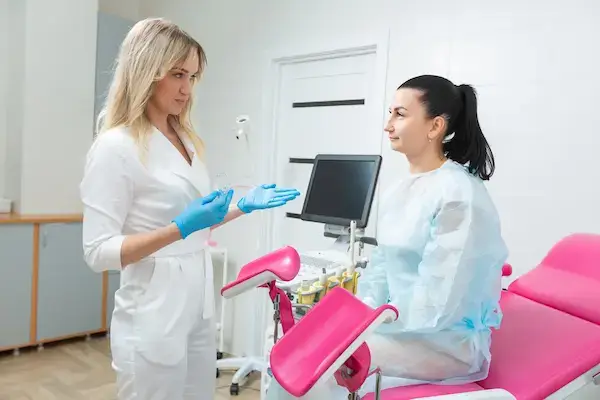Menopause FAQ's
What is Menopause?
The Menopause occurs to all women as part of their natural reproductive life. It is when your periods stop and you are no longer able to get pregnant. This is caused by a decrease in the hormones, oestrogen and progesterone, which in turn do not stimulate the lining of the womb (endometrium) in the normal cycle.
This is usually a gradual process involving the following:
Perimenopause: the period from the beginning of menopausal symptoms.
Post-menopause: defined when there have been no periods for twelve months or immediately after surgical removal of the ovaries.
The average age of the menopause is 51 in the UK (normal age range 45 – 57).
Around 1 in 100 women become menopausal before the age of 40. This is known as premature ovarian insufficiency (POI), which can be caused by surgery, chemotherapy, radiotherapy, genetic, auto-immune or unknown reasons.
How do you diagnose menopause?
The diagnosis of menopause and the transitional process is dependent on the pattern of your periods and the symptoms experienced.
Measurements of hormone levels are not routinely done, but are most useful when early menopause or premature menopause is suspected, when fertility appears to be reduced or after hysterectomy with conservation of ovaries where there is no bleeding pattern to follow.
Common menopause symptoms and signs are:
- Irregular periods, absent periods, heavy bleeding
- Hot flushes
- Night sweats
- Tiredness
- Mood changes including low mood, anxiety, irritability
- Brain fog
- Low self esteem
- Decreased sex drive
- Poor sleep
- Bladder issues
- Vaginal problems including increase in infections
- Vaginal dryness and / or soreness
- Changes in skin and hair
- Joint pains
How can I improve symptoms of menopause?
Lifestyle: A healthy lifestyle can help reduce the symptoms of menopause and ensure healthy bones and heart. This can be done through the following:
- Balanced Diet
- Regular exercise
- Reduction in caffeine and alcohol
- No smoking
- Reduction of stress levels
Complementary/Alternative Therapies: There are a number of therapies to consider including acupuncture, herbal remedies, aromatherapy, reflexology and homeopathy. These are becoming popular especially for symptomatic relief but there is limited scientific research to support their effect and safety.
Psychological therapies: Cognitive behavioural therapy (CBT) develops practical ways of managing problems and provides new coping skills and useful strategies for a range of menopausal symptoms including anxiety, hot flushes, night sweats and fatigue.
Other related conditions and treatments
Hormone replacement therapy (HRT)
Menopause Nutrition
Identify potential imbalances that may be contributing to the peri/menopause-related health problems and preventing you from reaching optimal health and peak performance
Bleeding After Menopause
Whilst not uncommon and often caused by minor issues, bleeding after menopause is an important ‘red flag’ symptom and you should always see you doctor or...




